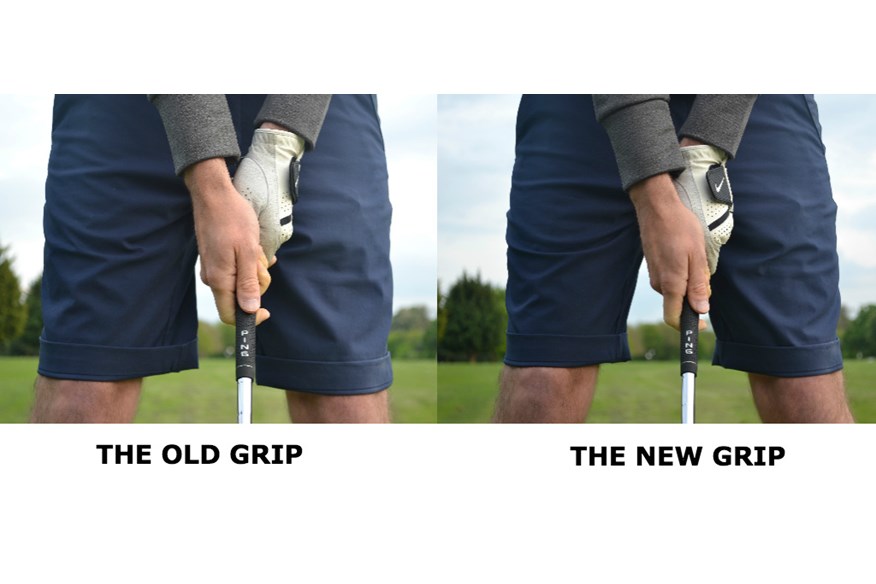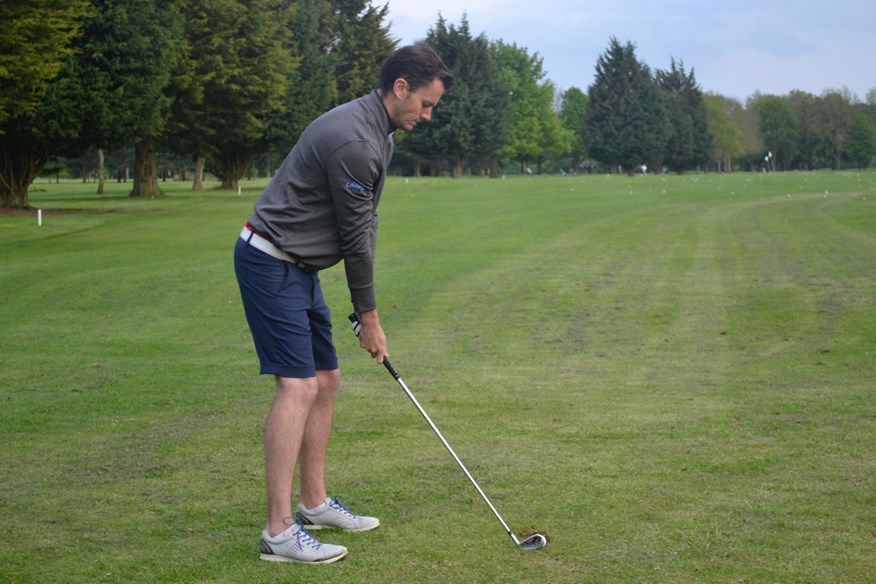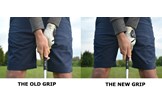I’m trying to get from a 10-handicap to scratch, and now I’m off 11…
Published:
After the excitement of deciding I was going to become brilliant at golf had died down (thanks for all the supportive messages, by the way), I realised something.
It is going to be bloody difficult.
I’ve been trying to be brilliant at golf from the moment I first picked up a club. I’ve tried everything I can think of, and yet the best competitive round I’ve ever shot is a 76.
If I am going to get down to scratch, I am going to need help.
I’ve had golf lessons in the past, but they’ve always gone the same way.
The pro asks me a few questions about my game, watches me hit a few shots, makes a few tweaks and by the end of the session I’m hitting it brilliantly and can’t wait to get to the course. After a few holes, however, it’s all unraveled and I’m back to where I was at the start.
If things are going to be different this time, I need a different approach.
I Google ‘do golf lessons actually work?’ and find a very interesting article by Dennis Clark, a PGA Master Professional who has been teaching the game for over 30 years. In the piece, entitled ‘The simple reason golfers don’t get better’, Clark explains that in terms of handicaps, amateur golfers aren’t getting any better whatsoever. Despite advances in technology and understanding that mean we know more about the golf swing than ever before, despite equipment that is more powerful and forgiving than ever, us amateurs are just as hopeless as ever.
Why?
Because golf lessons in the standard format don’t work, says Clark.
His explanation perfectly matches my experience of thinking I’d made a giant leap forward during a lesson, only to find myself right back where I started in no time at all.
I want to avoid this happening again. I know I need coaching, but I want it to actually make me a better golfer in the long-term, not just for the half-hour after each lesson.
I have an idea.
I send the article to the head pro at my club, Mark Jackson at Burghley Park Golf Club, and make him a proposal.
I ask him if he’d be willing to coach me on the basis that I pay an agreed fee for every 0.5 I am able to cut from my handicap. I suggest the coaching can take a more flexible format than the standard half-hour lesson once a month. It could be a 30-minute lesson one day, a quick five-minute tune-up another day, nine holes together the next week – whatever he thinks is needed to keep me moving towards my target.
I am concerned he’ll be offended. I fear he’ll think that I am saying I don’t have faith in his ability as a coach.
I needn’t have worried.
Mark phones me almost straight away, clearly excited. We chat for nearly an hour about his passion for coaching, the success he’s had with dedicated students in the past, and his confidence that I can make dramatic improvements in a short space of time.
Two days later, I am stood on the range at Burghley.
“There’s not really much wrong with your swing,” Mark tells me, having watched me hit half a dozen balls. “It’s an eight or nine out of ten.”
You’d think this would be music to my ears. It isn’t.
Having recently followed my best round in a year – a 76 – with one of my worst – a 91 – I am seeking answers, not an ego boost.
“The big problem is your setup, which is about a three or four out of ten.”
Ah, that’s more like it.
Mark explains his belief that getting the fundamentals right is a crucial and often overlooked element when it comes to better golf, whatever your current skill level. He tells me that he has fallen out with elite amateurs with +2 handicaps because they didn’t want to hear that their grip needed work.
I’m far less precious. I am so desperate to improve, so willing to try anything, that if Mark told me to put my jumper on backwards and swing with my eyes closed I’d give it a good go. So when he makes substantial changes to my grip and posture, despite the fact it feels uncomfortable, I am more than willing to go with it, especially when my dispersion tightens up almost immediately.

“It’s a common misconception that you have to go backwards and be prepared to get worse while making changes to your swing,” says Mark, as I hit another soaring iron. “The point of changing things is to make you better. If they’re making you worse, they’re not the right changes.”
I like this idea, and the changes do seem to be having the desired effect. But I’ve been here before. The proof will be in the on-course pudding.
I head out that afternoon for nine holes and shoot 9-over. Not great, but there are enough good shots in there to offer me encouragement.
A few days later I shoot a 12-over 82. Again, not sensational, but most of the blame rests with my short game. I’m definitely hitting the ball better.
After one more social round, in which I shoot 84, it’s the first qualifier of the season. For some, it’s just an unimportant midweek comp. For me, it’s so much more than that. It’s my first opportunity to make a step towards scratch. They say that a journey of a thousand miles begins with a single step. And so it is that my journey to go from a 10-handicap to scratch begins with a single midweek medal. Here we go. Remember this moment. Let the cutting begin.
Four hours and 18 holes later, my handicap has gone up to 11.
A round of 86 sees me finish a fairly respectable 12th on a blustery day when only two players manage to shoot on or below their handicap. Unfortunately, this still puts me just outside the buffer zone, adding the killer 0.1 that takes me from 10.4 to 10.5 and, more significantly, gives me a handicap of 11 for the first time in years.
It’s a setback, but I’m not overly concerned. There are plenty more qualifiers in the next few weeks, and there are signs in my game that make me feel I’m getting closer to putting some good scores together. Going from 11 to scratch will be an even better story than going from 10 to scratch, I tell myself.
Annoyingly, I’ll miss the next qualifier because of a friend’s wedding in Norfolk – I bet Tiger Woods never had that problem – but I’ll be working hard at my game, both on my own and with Mark, and will be ready to tee it up in the next qualifier.
“I never learned anything from a match I won.”
Bobby Jones


